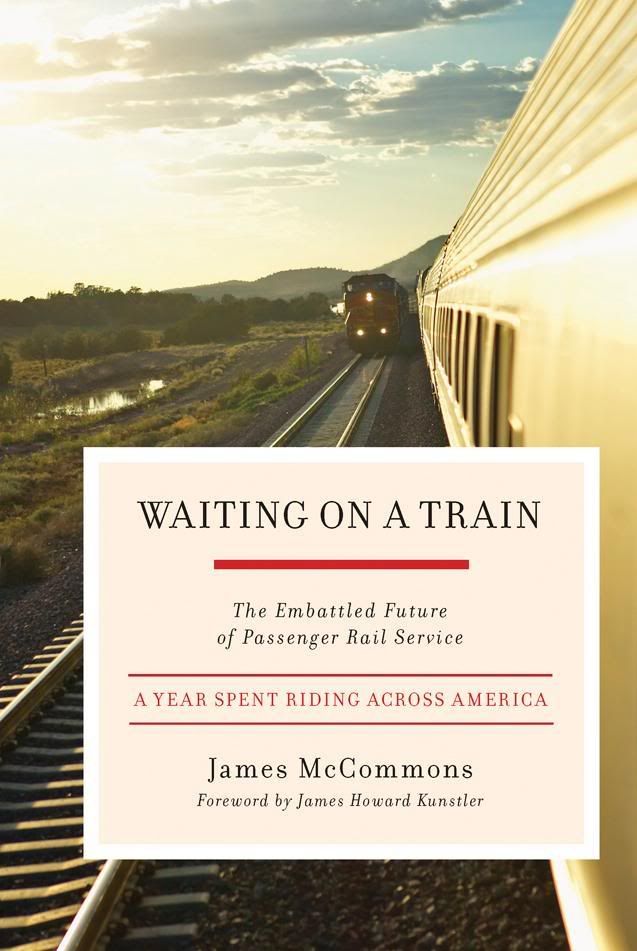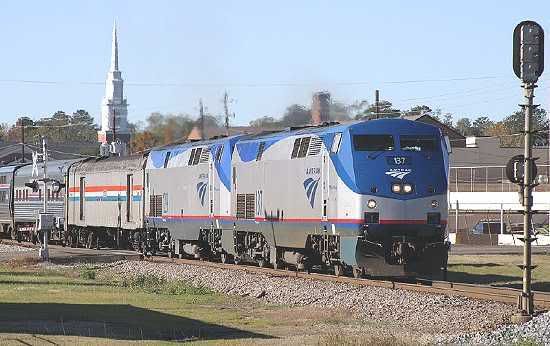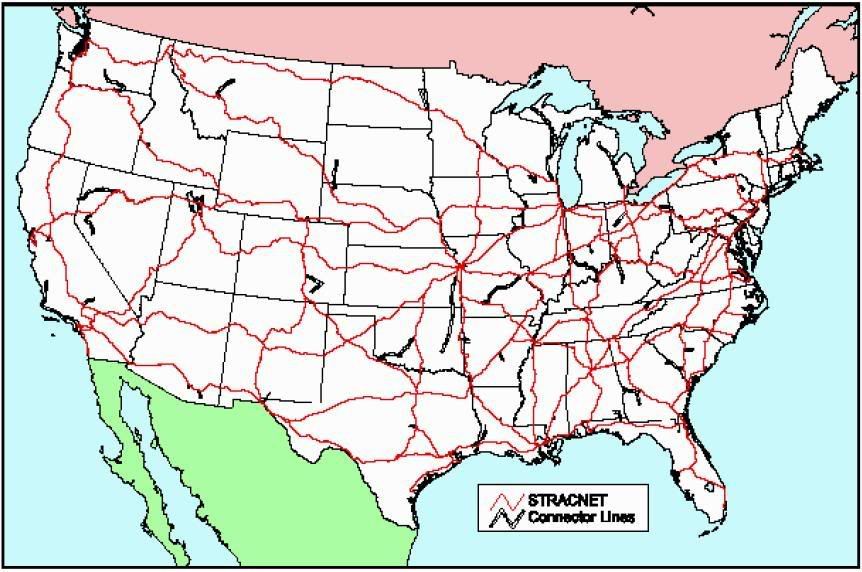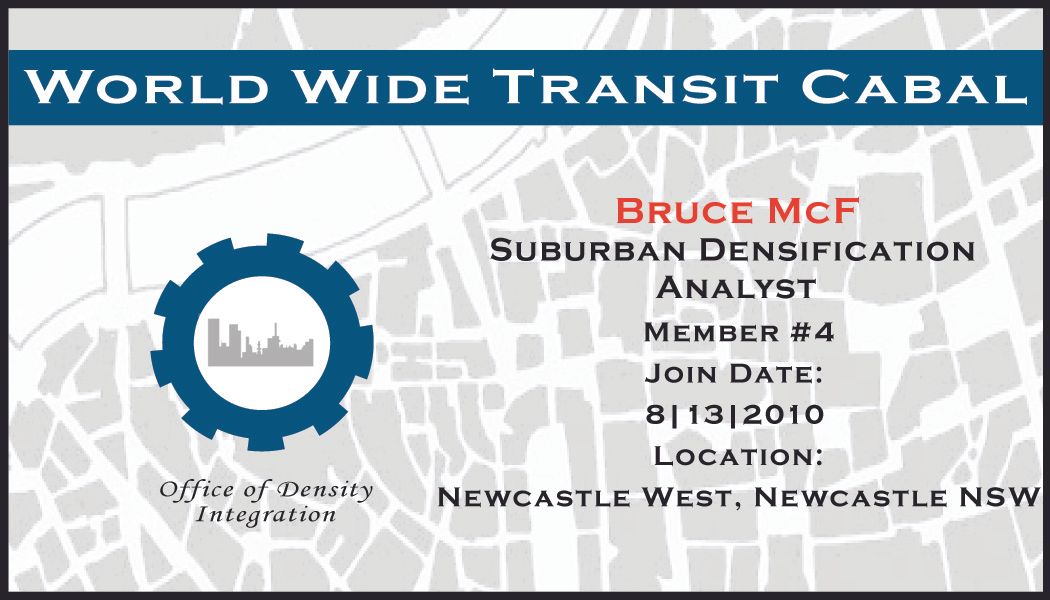 Flying home from the Economist's national conference Atlanta (see note1) my brilliant entertainment plan to pass the day lost flying home from Atlanta fell apart.
Flying home from the Economist's national conference Atlanta (see note1) my brilliant entertainment plan to pass the day lost flying home from Atlanta fell apart.I could not attend even the 8am session on Tuesday, because the flight left at 11:15, and I was warned about TSA security theater delays. So I got on the MARTA train around 8:30, to stand in line to check-in, to stand in line to get through screening, to get to the gate and wait, to get on the plane which waited in line for a runway. It was, however, only half an hour in the air, so that fact that with a 125mph train to Charlotte I could have gone to the morning conference session and arrived in Charlotte sooner is neither here nor there.
Then I had a 3hr+ layover in Charlotte until the plane back home to NE Ohio. But I had my Netflix and some FullMetal Alchemist DVD's, so no problem. Except my portable DVD player decided to stop working (see note2), so there were no DVD's. Which meant I was forced to fall back on a "pbook" (paper book) I had brought with me - Waiting on a Train, which meant that I finally finished it (and still had several hours to wait after I had done so).
And in particular read the fascinating discussion of the touchy relationship between freight and passenger trains. Regular readers will know that this is a critical point: indeed, the entire Steel-Interstate strategy to getting Higher Speed Rail for Appalachia rests on passenger trains running on infrastructure provided in support of 100mph electric freight trains.
The Bad Old Days Are Not So Many Days Ago
 One of the striking passages in the book is the following:
One of the striking passages in the book is the following:... at breakfast I got an earful from Tom Landolt, an engineer who had retired from UP [Union Pacific] a few months earlier.
...
He said, "Let me tell you a story. I was running a freight train in New Mexico on a real cold night, and the Sunset Limited was coming up behind us. Now, I had a real heavy train, and we had to go up a grade, so I talked with the dispatcher and said I would pull over and let the Amtrak go by. And he said, 'No, sir, we don't pull over for them, they can just slow down.' And I started up that hill and broke down. Now, the Amtrak had to back up more than ten miles, and wasted hours. Now there's no reason for that to happen, but that's the attitude. They just do not give a damn." (pp. 163-5)
That is, however, Union Pacific. By contrast, there is this from the Burlington Northern Santa Fe (the one that Buffet recently bought):
Mitchell looked down at a printout of my submitted questions. "You ask what makes us different. Why do passenger trains on our tracks have such good on-time performance?"
He looked up, "OK, here's the the simple answer: 'We Care.'"
"You care?" I said.
"We do. We really do."
I was remembering Hubbard's "We don't care" anecdote.
"Well, why? What's in it for you guys?"
"Because we believe Amtrak and the commuter services that run on our network are customers. And like all of our customers - coal, grain, or industry - we believe they deserve good treatment. (p. 190)
Of course, caring alone does not guarantee Zero Delays.
In Texas, for example, the ports of Houston and Galveston can get so congested that freight trains back up all the way to Oklahoma City because its a single track railroad. The Temple to Forth Worth section has terrible on-time performance. The ground dries out in the summer and the ballast sinks. In winter, the soil turns to gumbo, the ballast slumps, and the rails become "bumpy". In both instances, slow orders have to be put on until repairs are made. (p. 191)
There is only so far that sincerity can go before reaching the point where capital investment is required for further improvement.
The Bright New Day for Passenger/Freight Rail Cooperation
 By the second half of 2008, under the pressure of the capacity constraints that were preventing the Class I railroads from taking full advantage of the windfall of the Oil Price Shock, the major railroads had adopted a new line (though of course, I will believe that Union Pacific is an enthusiastic supporter of the industry line when I hear tell of some direct evidence):
By the second half of 2008, under the pressure of the capacity constraints that were preventing the Class I railroads from taking full advantage of the windfall of the Oil Price Shock, the major railroads had adopted a new line (though of course, I will believe that Union Pacific is an enthusiastic supporter of the industry line when I hear tell of some direct evidence):... I went to Washington DC and interviewed Ed Hamberger, President and CEO at the Association of American Railroads ...
...
Hamberger has been President of the AAR since 1998, a time when the organization was suing Amtrak to stop hauling freight cars on its passenger trains. He testified several times in front of congressional committees that Amtrak should pay fully allocated rather than incremental costs. Hamberger is a sharp and articulate guy, comfortable with politics, and the repositioning it sometimes requires. He wasn't unaware of the ironies of what he was about to say, and acknowledged them with some humor.
...
"The industry is taking an aggressive stance to link its message with that of passenger-rail advocates. Perhaps we haven't been as forthcoming in the past as we could have and should have been, but now were are saying: We think the country has to move forward with both freight and passenger-rail service," said Hamberger.
I'd gotten wind of this turnabout in attitude from Don Phillips and Carmicheal, but it was still striking to hear it directly. Its a strategy capsulated in the phrase: "Commuters vote, boxcars don't." Delivering improved passenger service benefits freight railraods.
Although the recession has given railroads some breathing room, the industry is clearly worried about capacity. If just 10 percent of highway freight switched to rails, the railroads would be inundated. As one executive tol me, "Corporate America is ready to move a hell of a lot more goods on trains, but they won't do it if the railroads are incompetent."
Ensuring that Freight and Passenger Rail are Friends on the Steel Interstate
 Now, what the railroads are pushing for is an investment tax credit. However, as discussed before, the Steel Interstate strategy opens up the door to something far more dramatic.
Now, what the railroads are pushing for is an investment tax credit. However, as discussed before, the Steel Interstate strategy opens up the door to something far more dramatic.It is a compelling national interest, after all, that if we have an opportunity to shift long haul freight from diesel road freight to electric rail freight, we do so. Irrespective of the source of electricity, the electric rail freight offers reduced CO2 emissions, with further reductions if the power comes from a carbon-neutral source. And at the same time, many of our largest untapped domestic energy resources, such as wind power, originate their power as electric power, so using the power in the form of electricity avoids conversion losses.
Suppose that the original capital cost of infrastructure for 100mph freight paths - and, incidentally, 110mph to 125mph passenger rail paths - is paid for out of user fees and access fees, but the interest on the capital cost is subsidized.
For example, a quarter per barrel import tariff is imported on imported petroleum and petroleum products, rising by a quarter per barrel each year for 10 years. This would yield about $3b per year to finance twenty year tax bonds, which at a real interest rate of 5% would be about $60b new capital spending per year. The public authorities building the Steel Interstates would then buy back the tax bonds with access and user fee income.
These tax bonds could even be structured in a way to make Wall Street speculators happy, promising a given share of the tax revenues, which Wall Street investment banks could then slice and dice to their hearts content into various senior, more stable, and junior, more speculative tiers - except rather than feeding a process of debt-financed consumption, they would be feeding a process of real, physical, protection against massive oil price shocks.
What does this mean for relations between freight and passenger rail? Simple: the fast freight trains on 100mph paths would be running on publicly owned infrastructure, built on the freight railroad's right of way. When the Rapid Rail dispatcher says that the freight is making way, then its the freight dispatcher's choice whether the freight goes onto a siding to wait or returns back onto the heavy freight line to continue making headway.
And as BNSF has shown, when the infrastructure owner cares about the passenger trains running on time, then it becomes possible to perform far better than when faced with the antagonistic (see note3) approach of Union Pacific.
You probably still wouldn't want to be a local commuter railroad relying in whole or part on Union Pacific infrastructure - but if it means an opportunity to winning far more market share from road freight for more quickly than they could on their own, it seems likely that even Union Pacific will be willing to at least pretend to be friends with passenger rail.
The Headliners
Midnight Oil - Truganini
There's a road train going nowhere
Roads are cut, lines are down
We'll be staying at the Roma Bar
Till that monsoon passes on
The backbone of this country's broken
The land is cracked and the land is sore
Farmers are hanging on by their fingertips
We cursed and stumbled across that shore
...
Notes
(Note1: At the conference, I mostly went to the Association for Evolutionary Economics sessions, so didn't see a lot of calculus, though bizarrely I did learn a lot about the Economy - which is of course not what one would ordinarily expect from going to the Economist's national conference.)
(Note2: The DVD player is a V-Zon by Coby, with all sorts of nifty media features - it can play MP3's and several video file formats on both USB keys and SD flash ram cards. Its just that it sucks that when a portable DVD player so dislikes being ported that it stops playing DVD's. By contrast, my Samsung player continues to work as a DVD player even after I stepped on it, breaking its LCD screen. So if you were asking me, I'd recommend Samsung as making a more durable portable DVD player than Coby.)
(Note3: Note that the attitude of Union Pacific is not only antagonist, but it likely results in multiple actions by dispatchers that are, in fact, illegal, under the terms of the agreement reached in the 1970's in which the Class I railroads handed off their responsibilities to provide passenger rail service. The action of the dispatcher reported by the retired UP engineer was certainly illegal.)


3 comments:
Làm sao để tìm dịch vụ van chuyen hang di Da Nang hoặc nơi nhận chuyển hàng đi Hà Nội. Vậy thì hãy liên hệ với Proship chúng tôi. Với các dịch vụ đang cung cấp hiện nay của chúng tôi như dịch vụ ship hàng tại hà nội, cho thuê kho bãi, cho thuê đất trống, chuyển phát nhanh trong nước, ship hàng nội thành tphcm, dịch vụ ký gửi hàng hóa, dịch vụ bốc xếp, cho thuê kho quận 10. Đảm bảo khi đến với chúng tôi bạn sẽ hài lòng vì chúng tôi có tất cả các dịch vụ vận chuyển lưu trữ mà bạn đang cần.
Bán đang muốn làn da của mình trắng hồng tự nhiên , chúng tôi giới thiệu cho bạn những cách làm trắng da toàn thân tự nhiên , công thức kem trộn trắng da toàn thân, tiêm trắng da có an toàn không, cách mọc tóc nhanh cho nam, cách bôi kem chống nắng đúng cách, uống gì mát gan đẹp da . Những chữa cận thị không cần phẫu thuật vừa nhanh và an toàn .
Kênh thông tin mua bán nhà đất tại Việt Nam , nếu bạn muốn mua hay bán nhà đất thì chỉ cần vào đây , chúng tôi sẽ cho mọi người biết về tin của bạn, nhà đất hcm, nhà đất gò vấp, nhà đất thủ đức, nhà đất tân phú, nha dat quan 9 . Còn chần chờ gì nữa , hãy đăng tin mua bán nhà đất nhanh nhanh .
Post a Comment